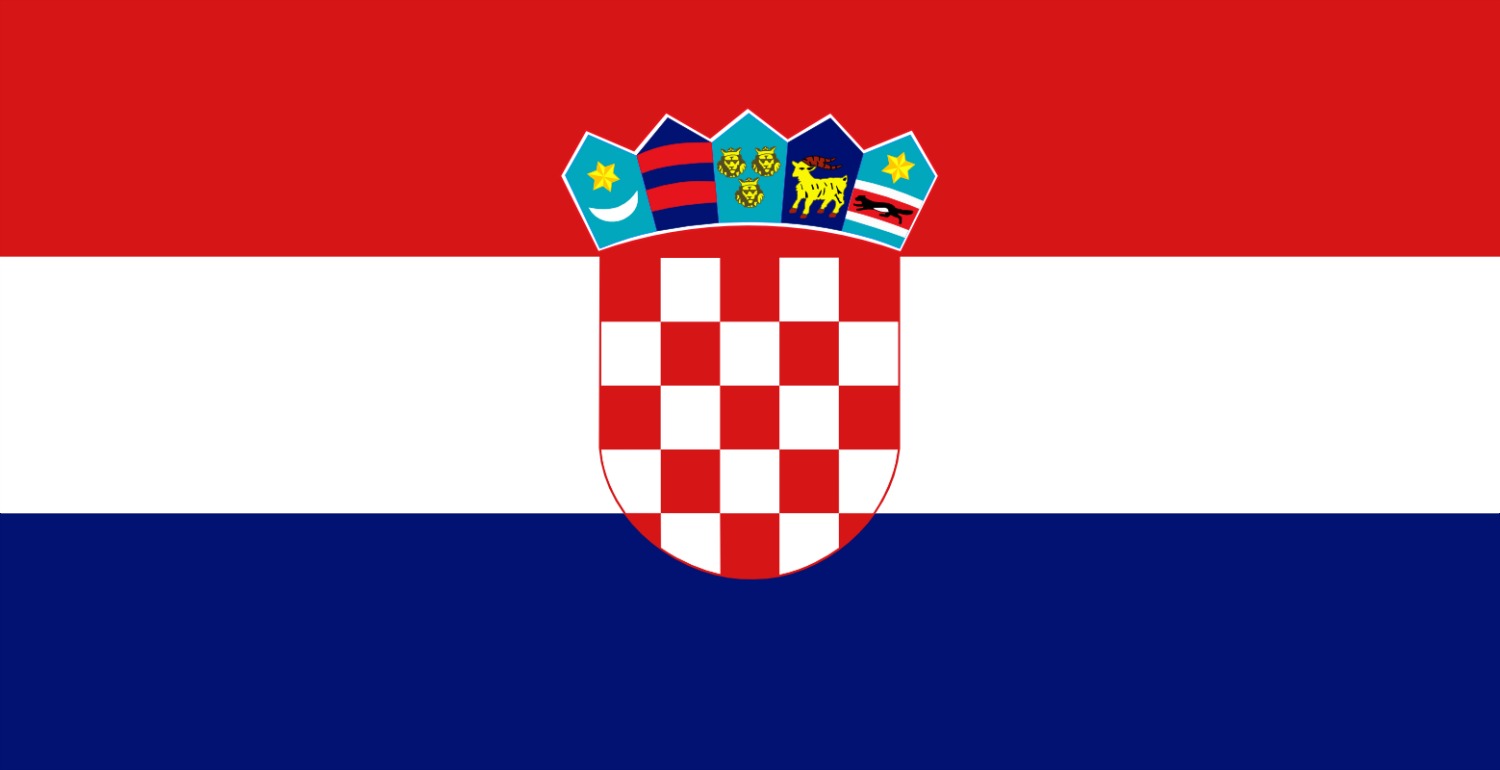On October 29, 1995, Croatia held elections for the 127 seats in the House of Representatives, the lower chamber in Croatia’s “Sabor,” or parliament. The elections were called earlier than required by President Franjo Tudjman in light of the new situation in Croatia created by the retaking of most of the territory occupied by Serb militants since 1991, and the mass exodus of ethnic Serbs from those regions into Serb-occupied parts of neighboring Bosnia-Herzegovina and into Serbia itself
Representatives for 80 of the seats were chosen on the basis of a nationwide, proportional vote in which 14 political parties or coalitions of parties participated. Representatives for 28 seats were chosen on the basis of a majority vote in electoral districts established for the elections. Twelve seats were chosen on the basis of a proportional vote of Croatian citizens, the so-called “diaspora” residing outside Croatia’s borders, in which seven political parties or coalitions participated. The remaining seven seats were reserved for some of Croatia’s national minorities, including three seats in a nationwide ,vote among members of the Serb community, one seat for those of the Italian minority, one for the Hungarian minority, one for the Czech and Slovak minorities, and one for the Ruthenian, Ukrainian, German and Austrian minorities in specified regional districts.
The elections demonstrated disappointingly little democratic progress in Croatia since 1990, when multiparty elections were first held. In fact, the apparent unwillingness of the authorities to permit a truly open electoral system in which all had confidence, or a genuinely free media to permit a more competitive campaign period, seemed almost an expression of defiance of any democratic trend that may exist in Croatia at this time. Smaller flaws in polling practices observed on election day also become less excusable in that they indicated no attempt by the authorities to correct problems observed in all past elections. Thus, while the elections generally have been considered to be free in tenns of providing voters with a choice, they were not satisfactorily fair in the way that choice of candidates was presented to the voters.





